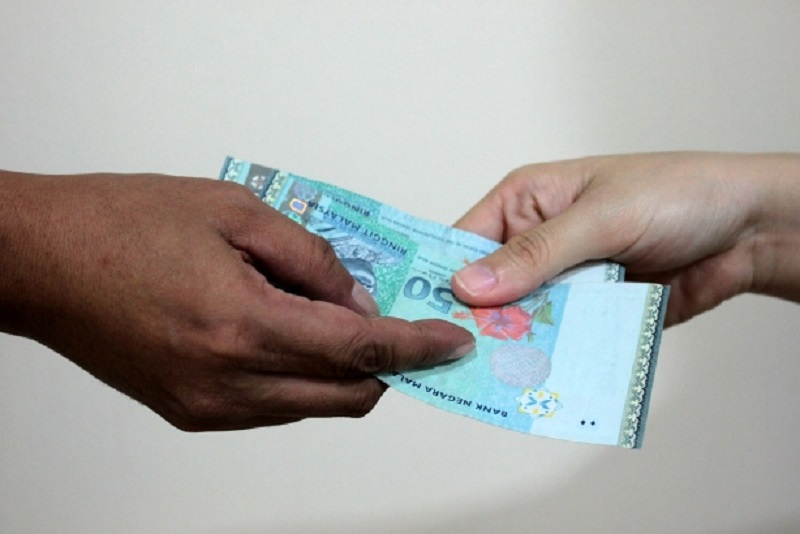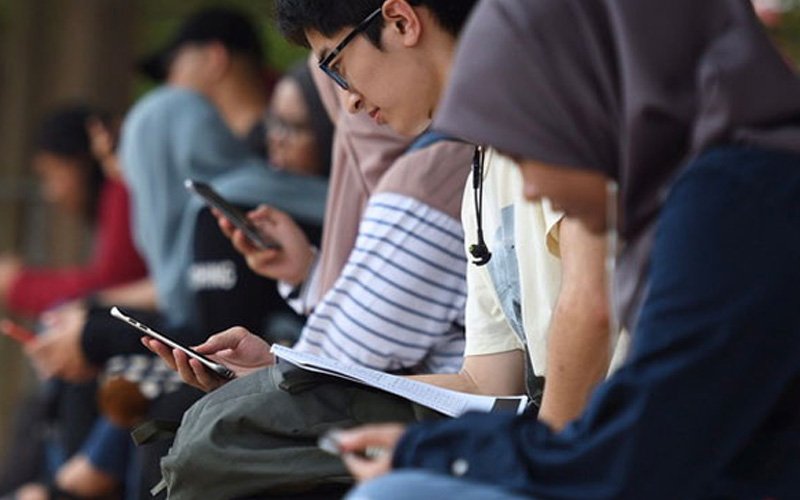Scientists Find COVID-19 Can Survive On Bank Notes And Touchscreens For Up To 4 Weeks
The study highlights the importance of cleaning and handwashing in combating the virus and mitigating spread.
The virus responsible for COVID-19 can remain infectious on high-touch surfaces such as bank notes, phone screens, and stainless steel handrails for up to 28 days, researchers say
Scientists at Australia's national science agency, CSIRO, found that the novel coronavirus, SARS-CoV-2, can survive on smooth surfaces at room temperature, or 20ºC, for longer than expected.
For comparison, the common flu virus, Influenza A, can survive on surfaces for up to 17 days, said the study, which was published on 7 October in Virology Journal.
Researchers said in the paper that this is an important finding, given that touchscreen devices such as mobile phones, bank ATMs, and airport check-in kiosks, which may not be regularly cleaned and therefore pose a transmission risk of SARS-CoV-2.
The study also demonstrated that virus survival declined to less than a day at elevated temperatures of 40ºC on some surfaces
The finding adds to evidence that the coronavirus that causes COVID-19 can survive longer in cooler weather, making it harder to control during the winter than summer.
The researchers said the data may also explain why the virus has been found on fresh and frozen food products, as well as been linked to meat processing and cold storage facilities leading to COVID-19 outbreaks.
They also found that the novel coronavirus was not infectious past 14 days on complex-porous material such as cotton and cloth, compared to smooth, non-porous surfaces.
The study involved drying the coronavirus in artificial mucus on different surfaces, at concentrations similar to those reported in samples from infected patients
The scientists then tried to re-isolate the virus at different time points over a month.
They carried out the study in a high containment laboratory in the dark to remove the effect of ultraviolet light, as the authors said research has also showed that direct sunlight can rapidly inactivate the virus.
The data in this new study highlights the importance of cleaning and handwashing in combating the virus and mitigating spread
"Our results show that SARS-CoV-2 can remain infectious on surfaces for long periods of time, reinforcing the need for good practices such as regular handwashing and cleaning surfaces," said CSIRO deputy director Debbie Eagles, according to South China Morning Post.
"While the precise role of surface transmission, the degree of surface contact, and the amount of virus required for infection is yet to be determined, establishing how long this virus remains viable on surfaces is critical for developing risk mitigation strategies in high contact areas," she added.
Keep practising physical distancing and wash your hands often. Watch the latest update on the COVID-19 situation:


